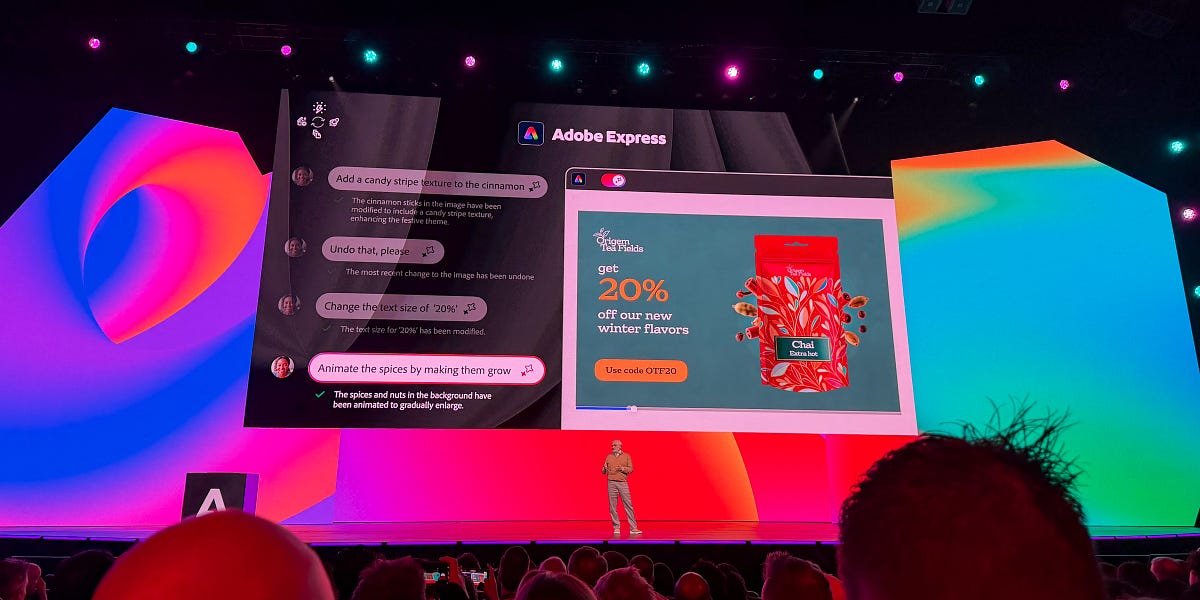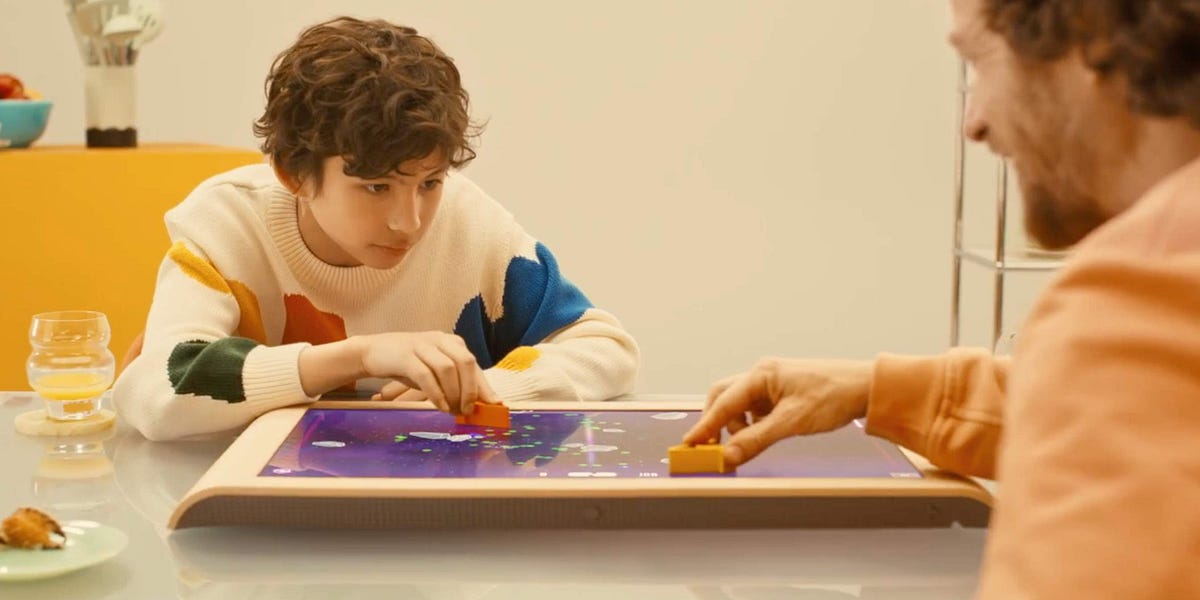🧹 A company has developed a humanoid robot that can potentially do chores on your behalf
🤔 Neo, from 1X Technologies, currently relies on having a human operator and you telling the device what to do
🤖 Eventually, it should be able to do tasks such as loading a dishwasher and folding a sweater without any human help, but it needs the data to train its real-world-based AI model
📆 If you want Neo in your home, it’ll cost you $20,000, with delivery expected in 2026
The longstanding pipe dream of having a robot do chores on your behalf might be about to come true with a new $20,000 humanoid robot from 1X Technologies.
The robot is called Neo and stands 5 feet and 6 inches tall. It’s a robot that can try to help you with household chores, such as cleaning, fetching items from the fridge and folding clothes.
A recent article from The Wall Street Journal saw journalist Joanna Stern attempt to live with the robot at 1X Technologies’ headquarters, and let it undertake various tasks with varying degrees of success.
It managed to eventually do items such as load a dishwasher and fold a sweater, taking five and two minutes, respectively, although at this stage, it isn’t fully autonomous.
As it stands, Neo is operated by a human operator wearing a VR headset and with associated controllers for hand movements, and the robot has cameras for eyes, so the operator can see what it’s doing inside your home.
Taking this into account, you need to be content with someone else essentially being allowed into your home for Neo to work as its AI neural network learns from real-world experience. Its cameras are taking videos that can be used to train the AI to eventually do things without the operator.
There are guardrails over what Neo will do with the operator, including controls over when and what the operator can do.
The device weighs 66 pounds and is designed to be light enough so that it won’t seriously injure someone if it falls. As opposed to using the heavy gears found in industrial robots, Neo uses motors that pull on synthetic tendons to mimic muscles, in turn, limiting falling speed and force. With this in mind, for safety concerns, 1X isn’t allowing the robot into homes with young children, at least with the early adopter program in mind.
Owing to safety, Neo also isn’t allowed to handle anything hot, heavy or sharp initially, and its maximum weight of carrying items will be 55 pounds – that’s bags of rice, potatoes, or laundry baskets, as opposed to rearranging the furniture in your home.
In an interview Stern undertook with 1X Technologies’ founder Bernt Børnich, the aim for Neo for 2026 is that it’ll do “most of the things in your home autonomously”, although the initial quality of output may lag due to it not having enough data to work from.
It should be able to fold shirts and organize items in your cabinets perfectly one day, although it may be sloppy at first.
After all, the idea of having Neo in your home is reliant on giving 1X access to your data, so it can make the product better.
You’ll be able to schedule housekeeping sessions for Neo in an app and tell a remote operator what you’d like done and when.
With the app, you’ll also supposedly be able to set no-go zones for Neo and blur faces in the video feed. Moreover, an operator won’t be able to connect to Neo without your permission, and videos used for training data won’t be accessible to operators without your consent.
If Neo sounds like something you’d want in your home, you can apply to its early adopter program and pre-order one for the sum of $20,000 with delivery expected in 2026. 1X Technologies is also going to offer a $499 monthly rental plan with a six-month minimum commitment.
Up next: Board is an ambitious board game console that’s cheaper than a PS5 and Xbox Series X
Reece Bithrey is a journalist with credits in Trusted Reviews, Digital Foundry, PC Gamer, TechRadar and more. He also has his own blog, UNTITLED and graduated from the University of Leeds with a degree in International History and Politics in 2023.

 16 hours ago
3
16 hours ago
3









